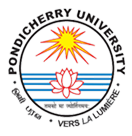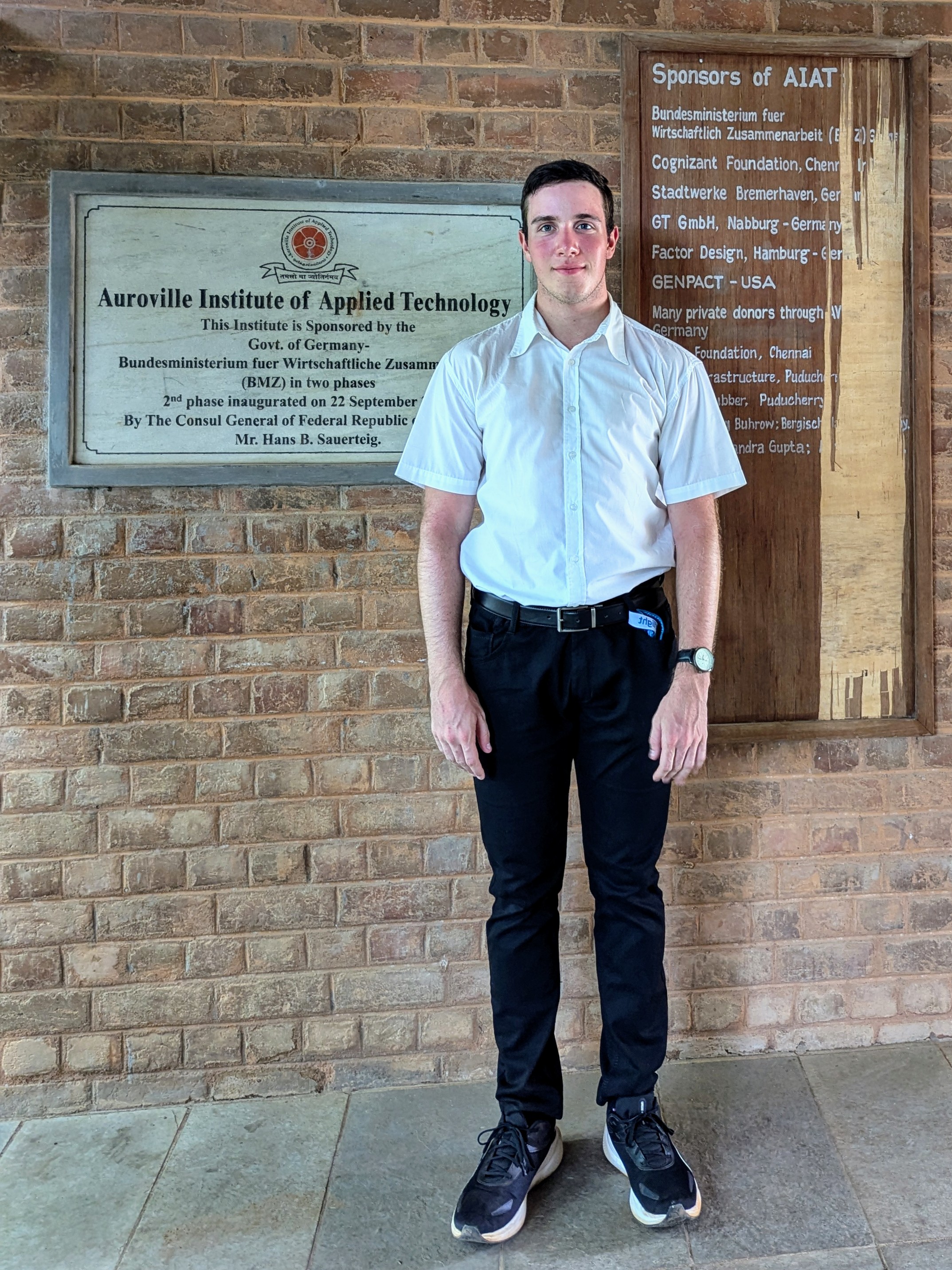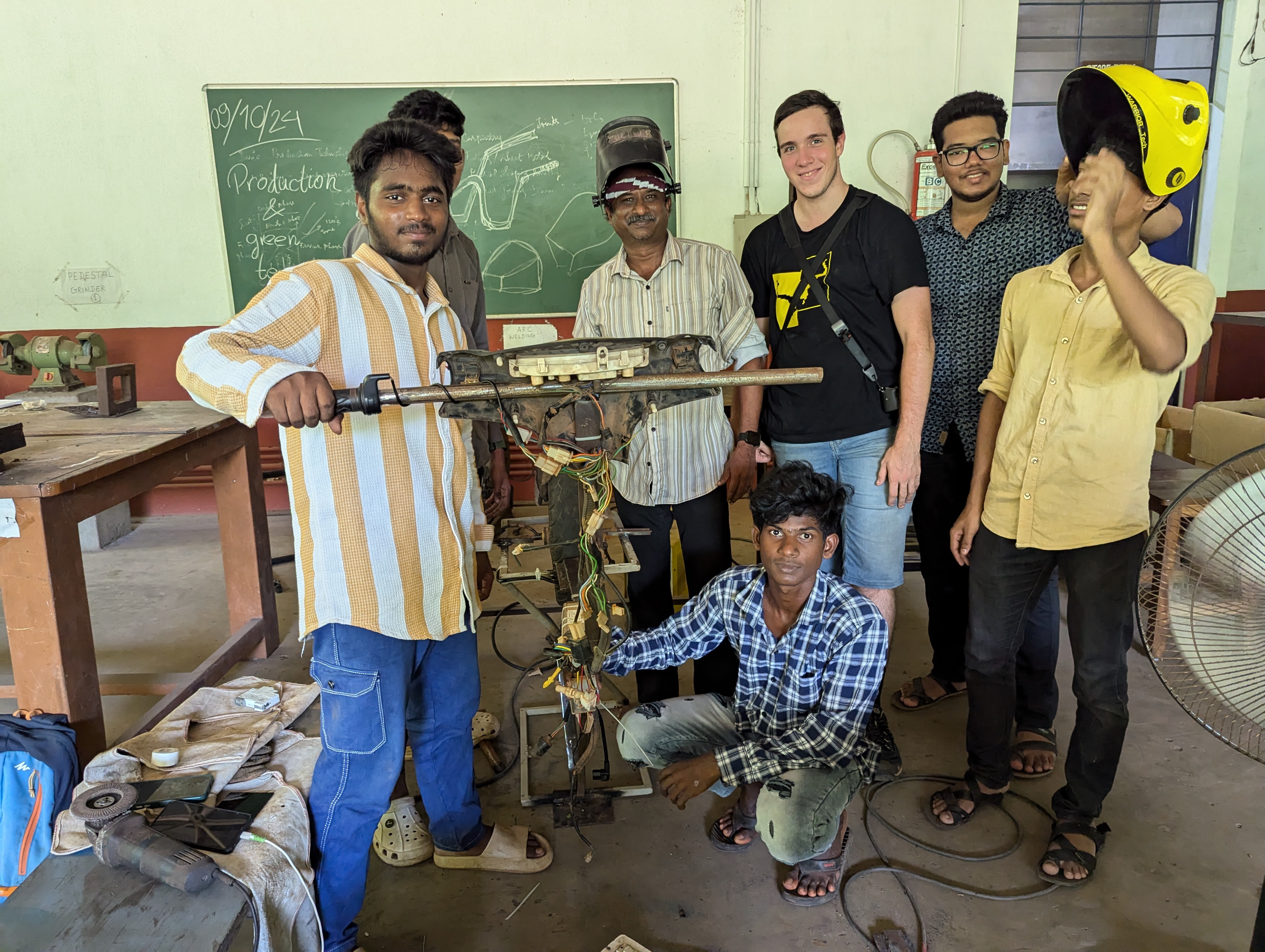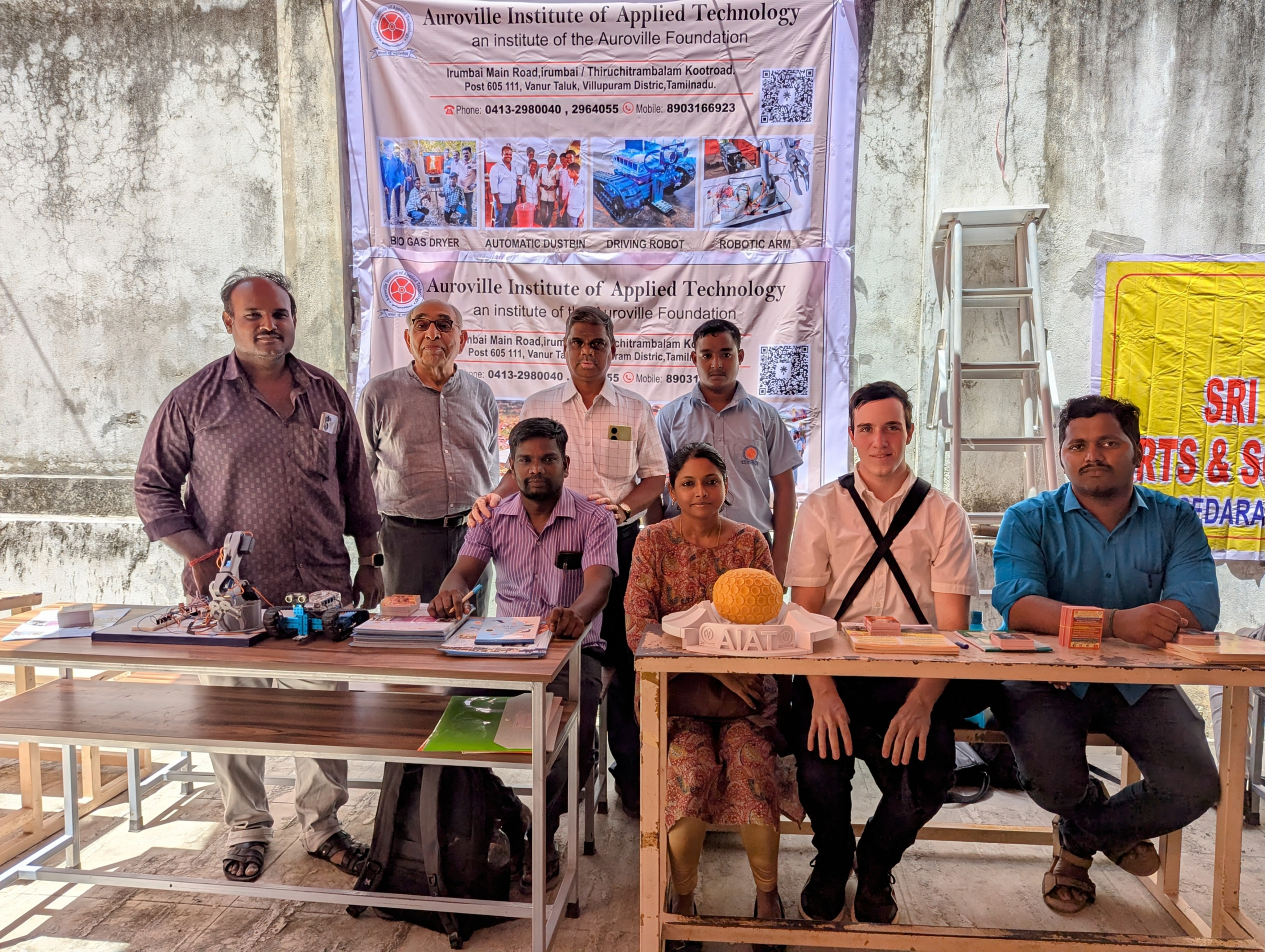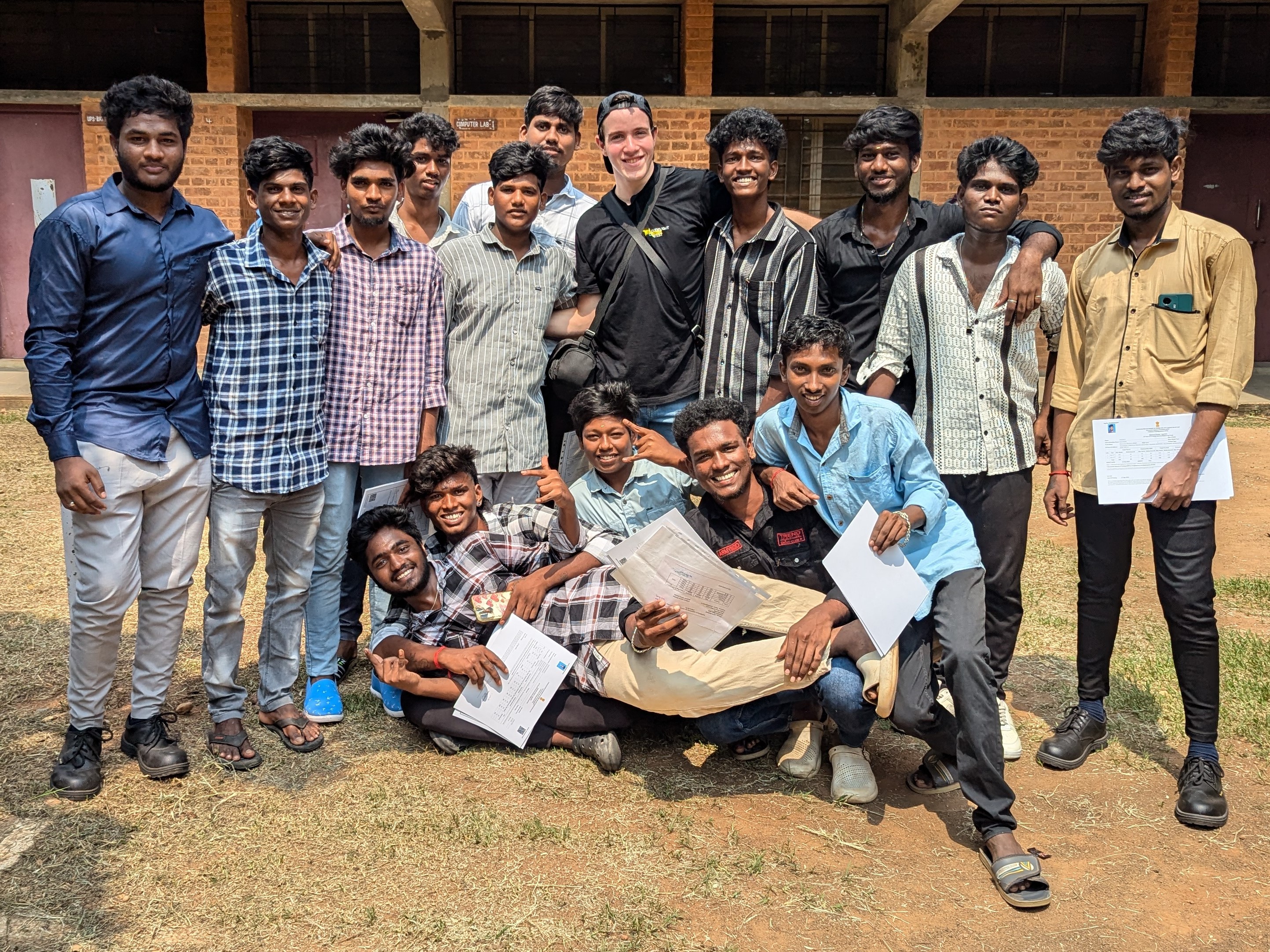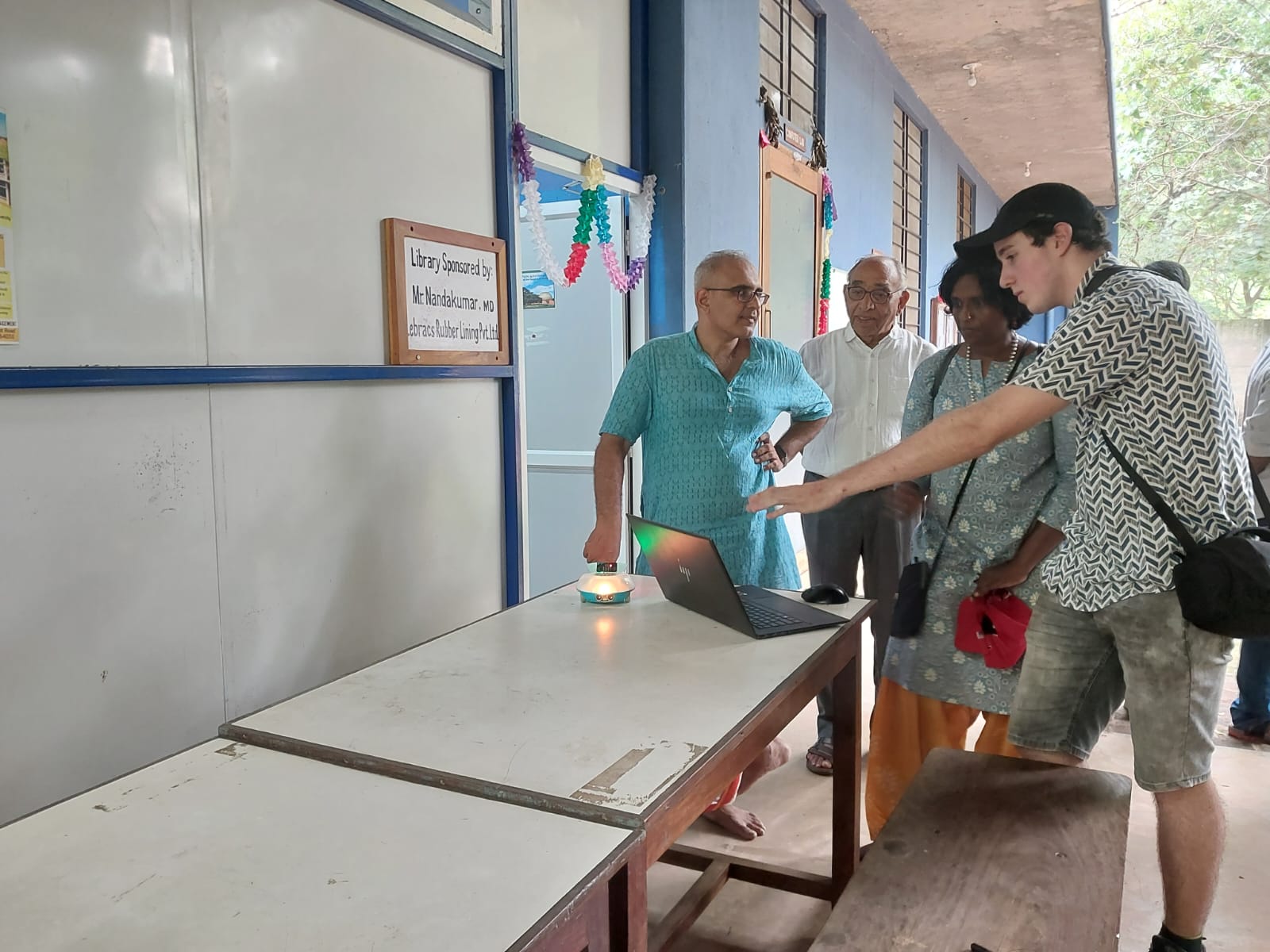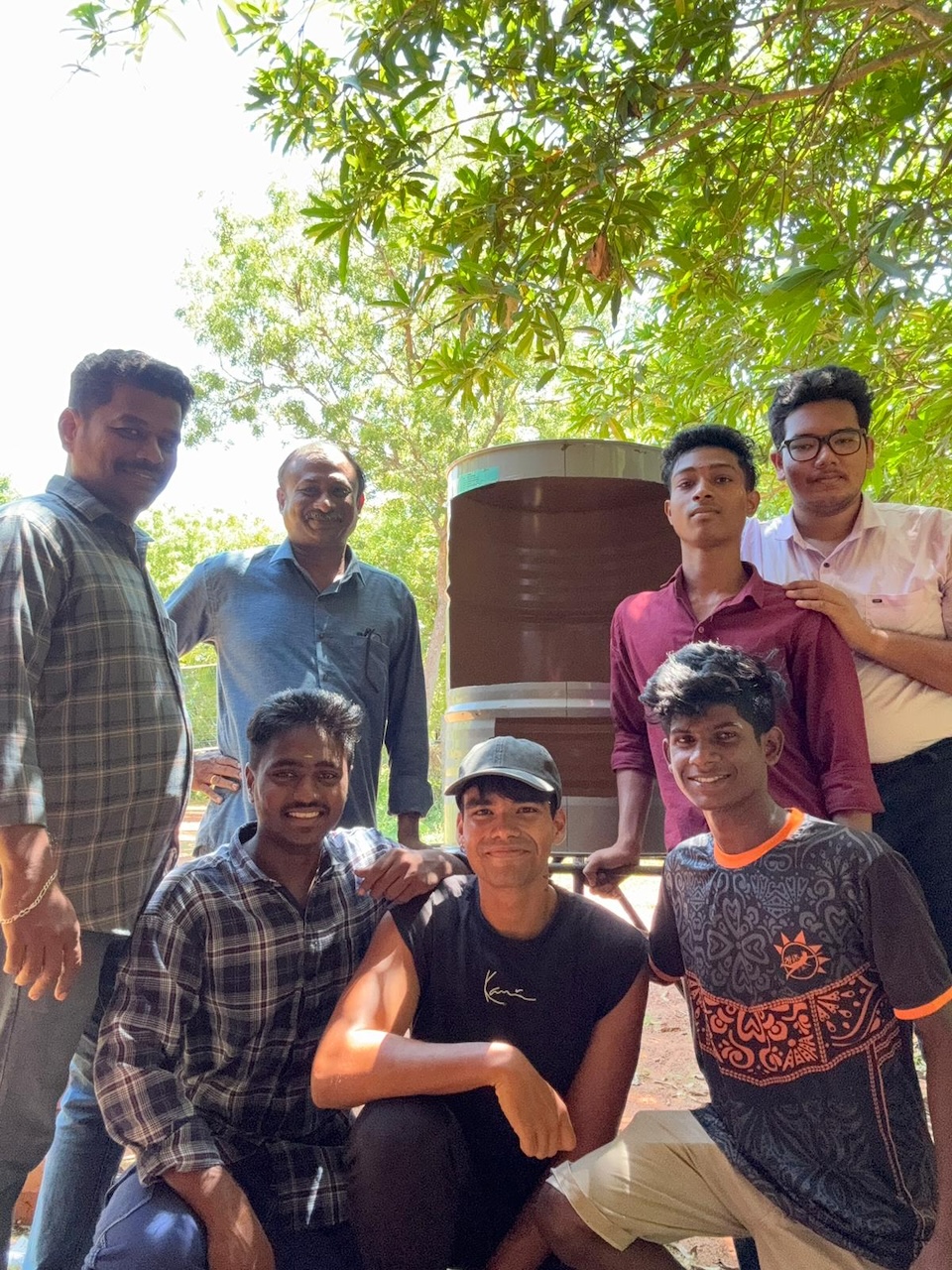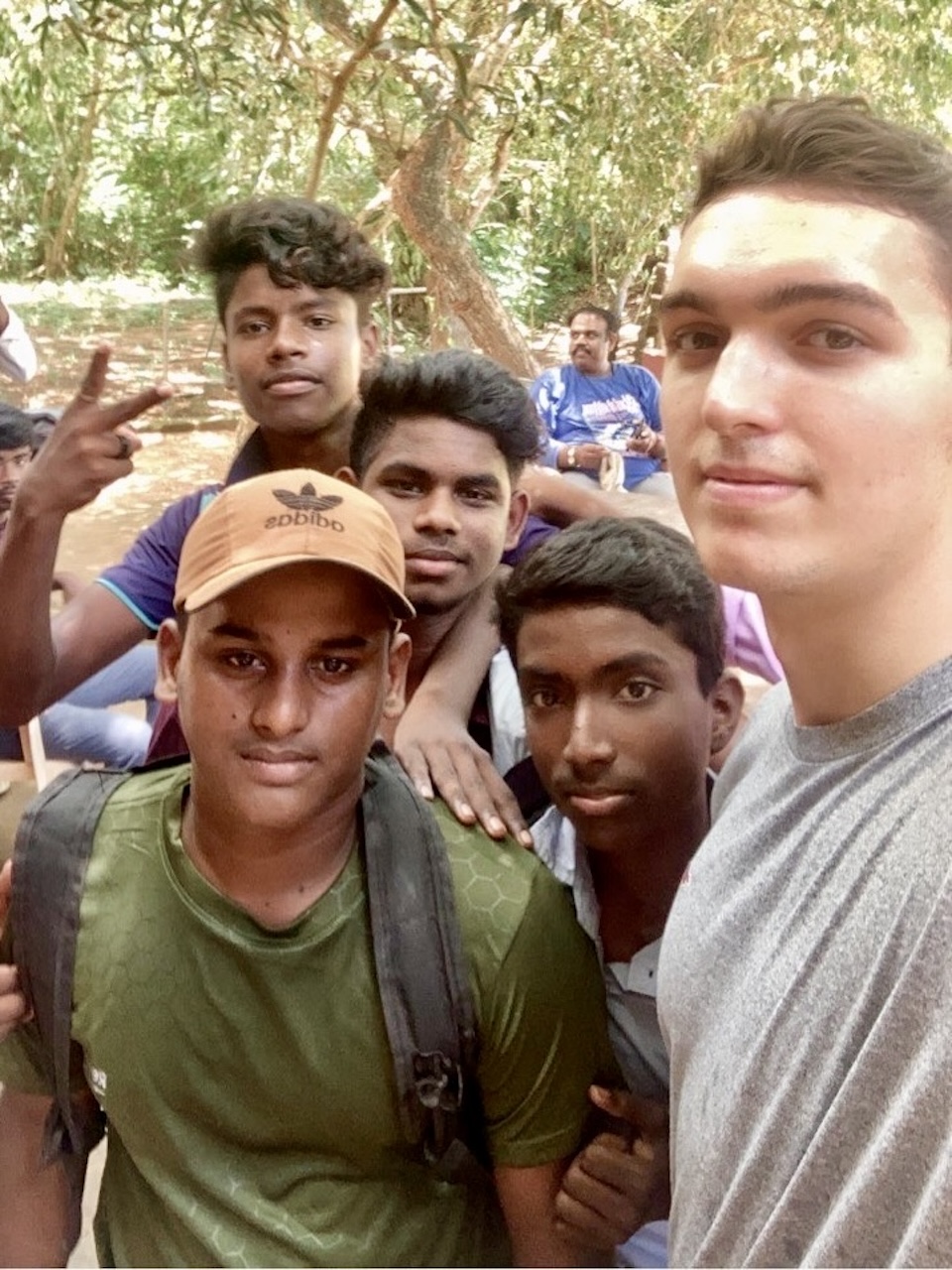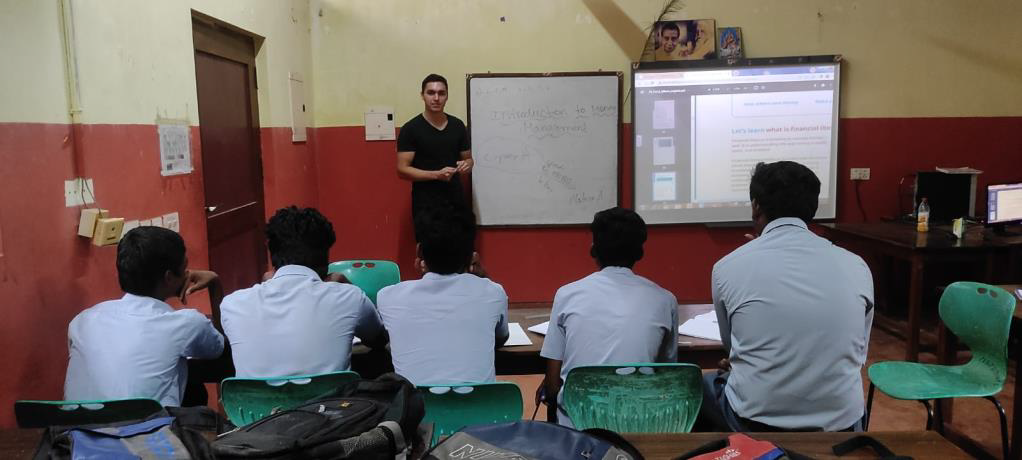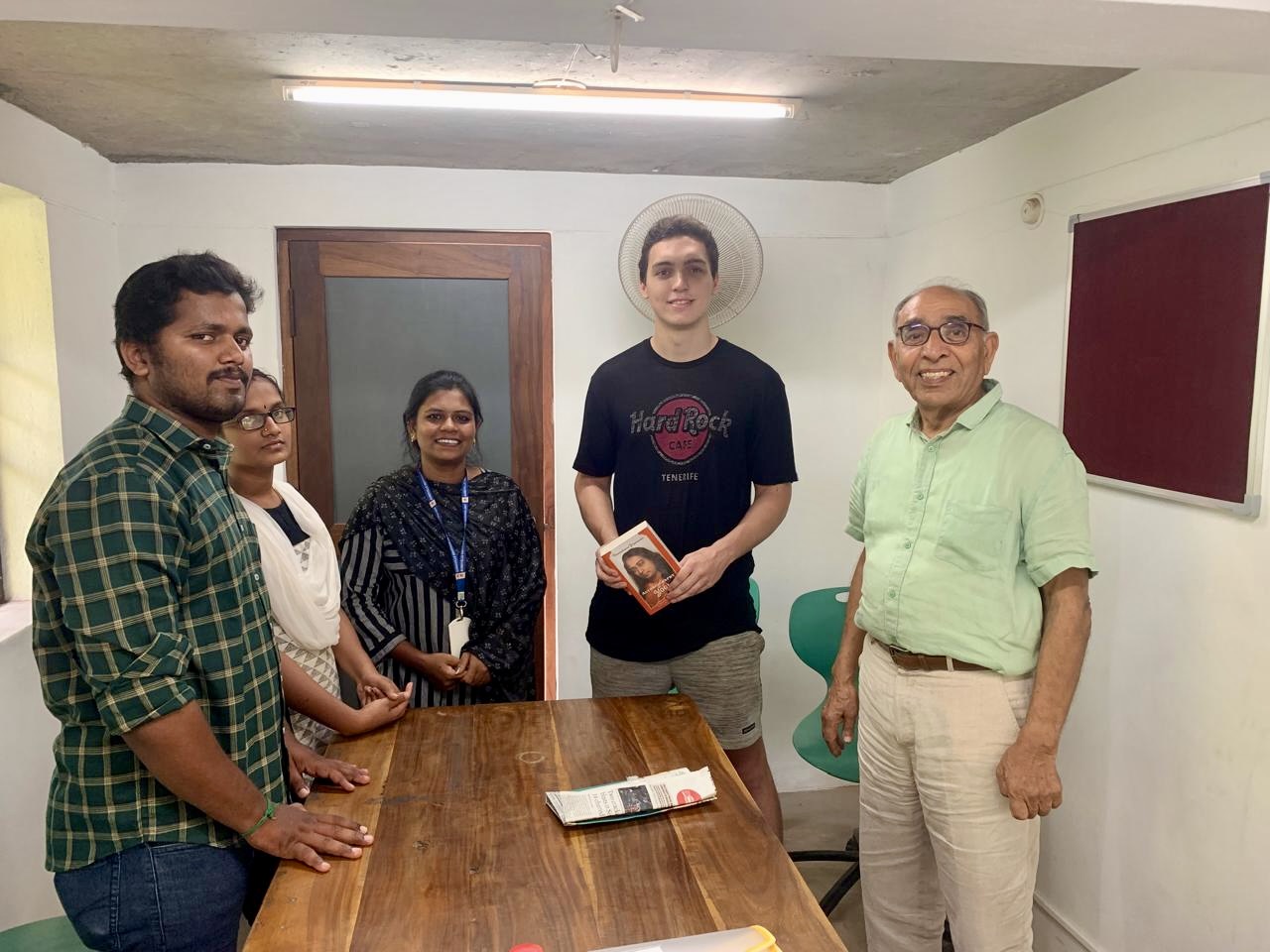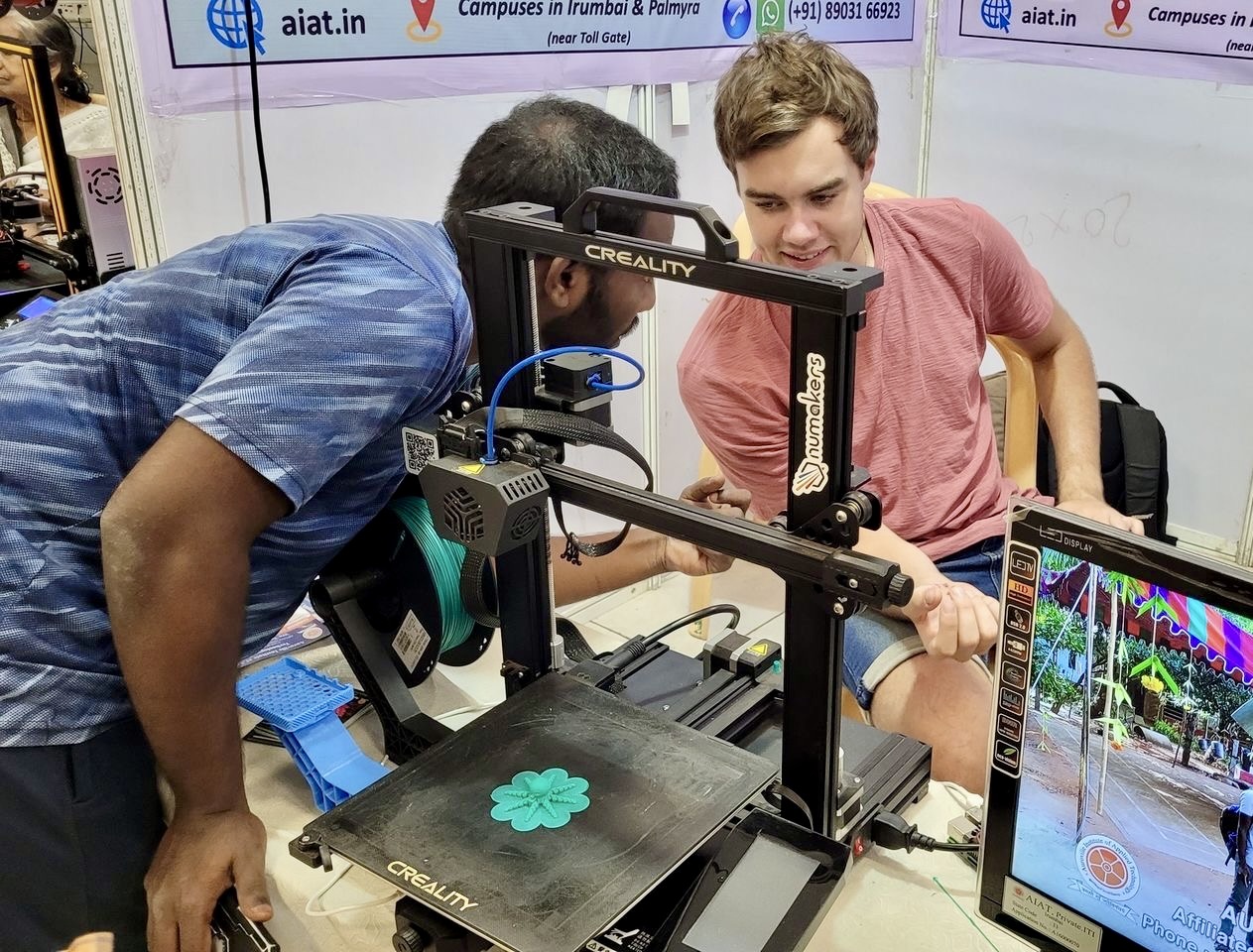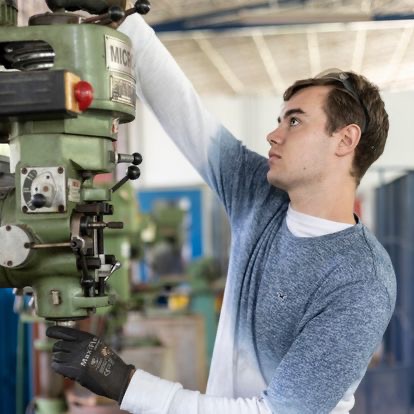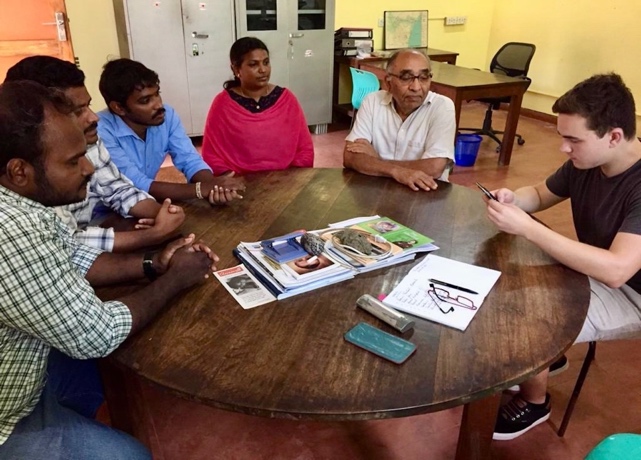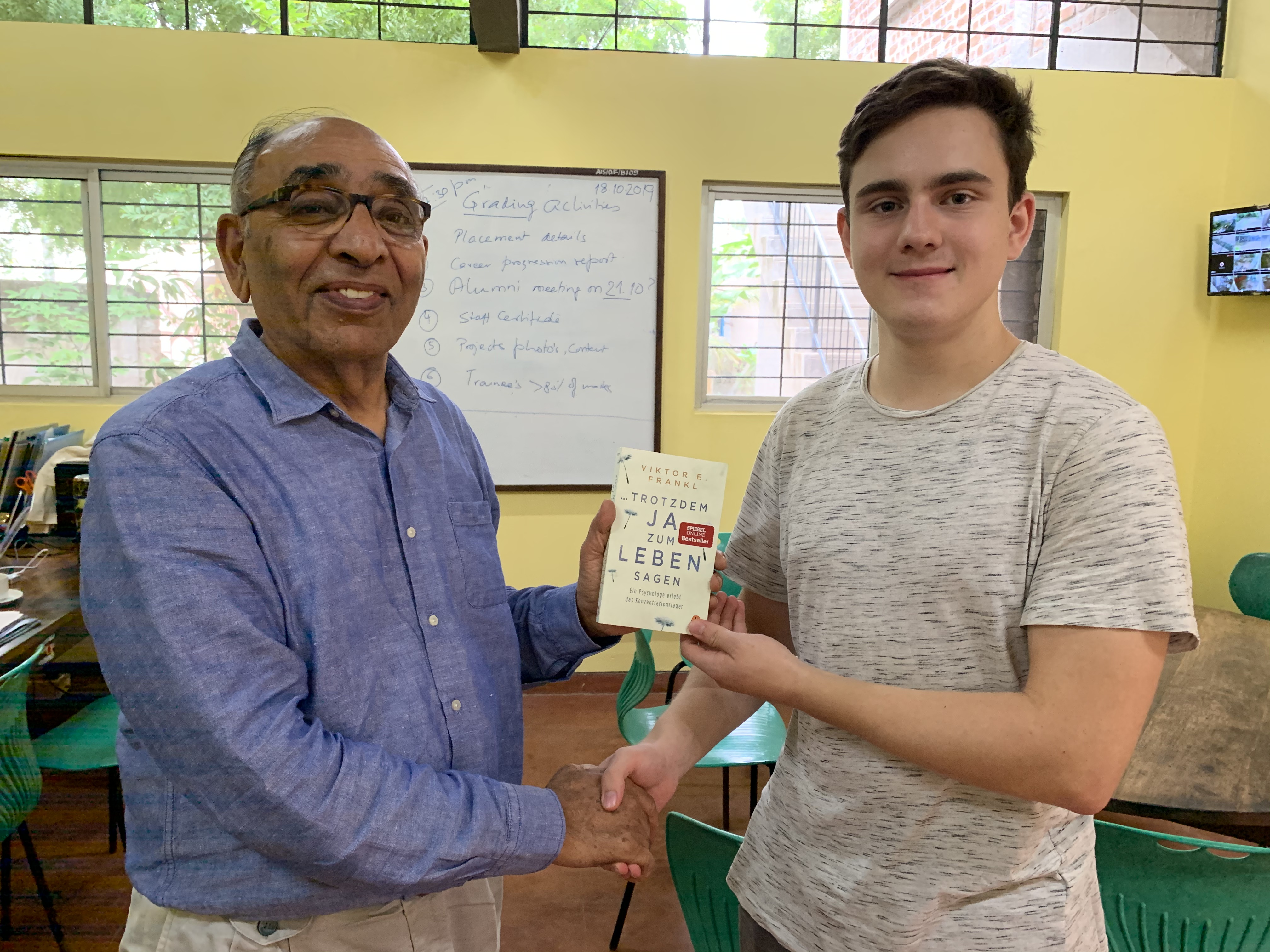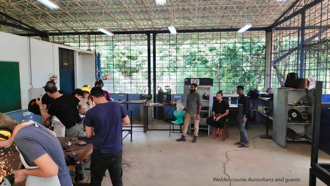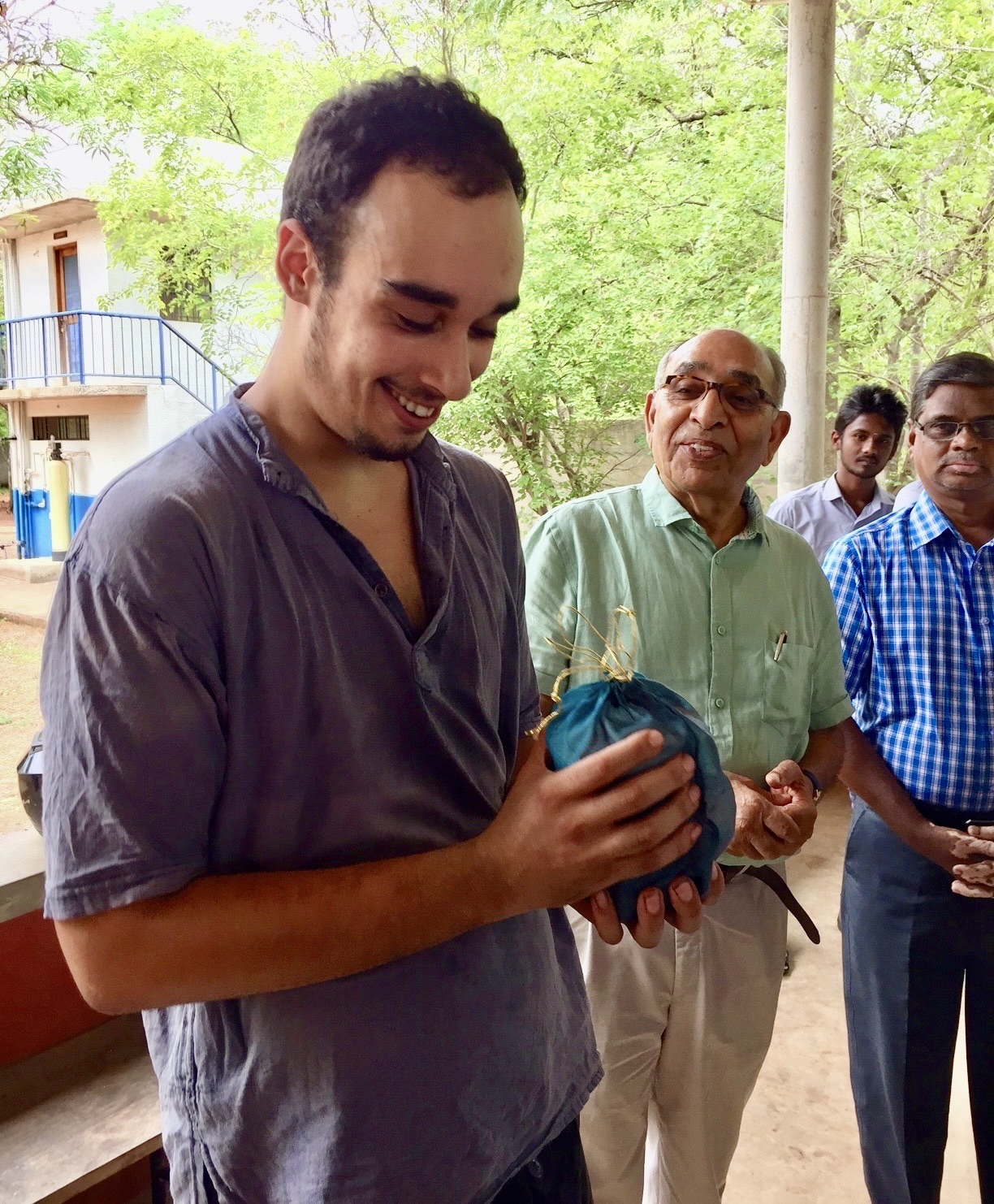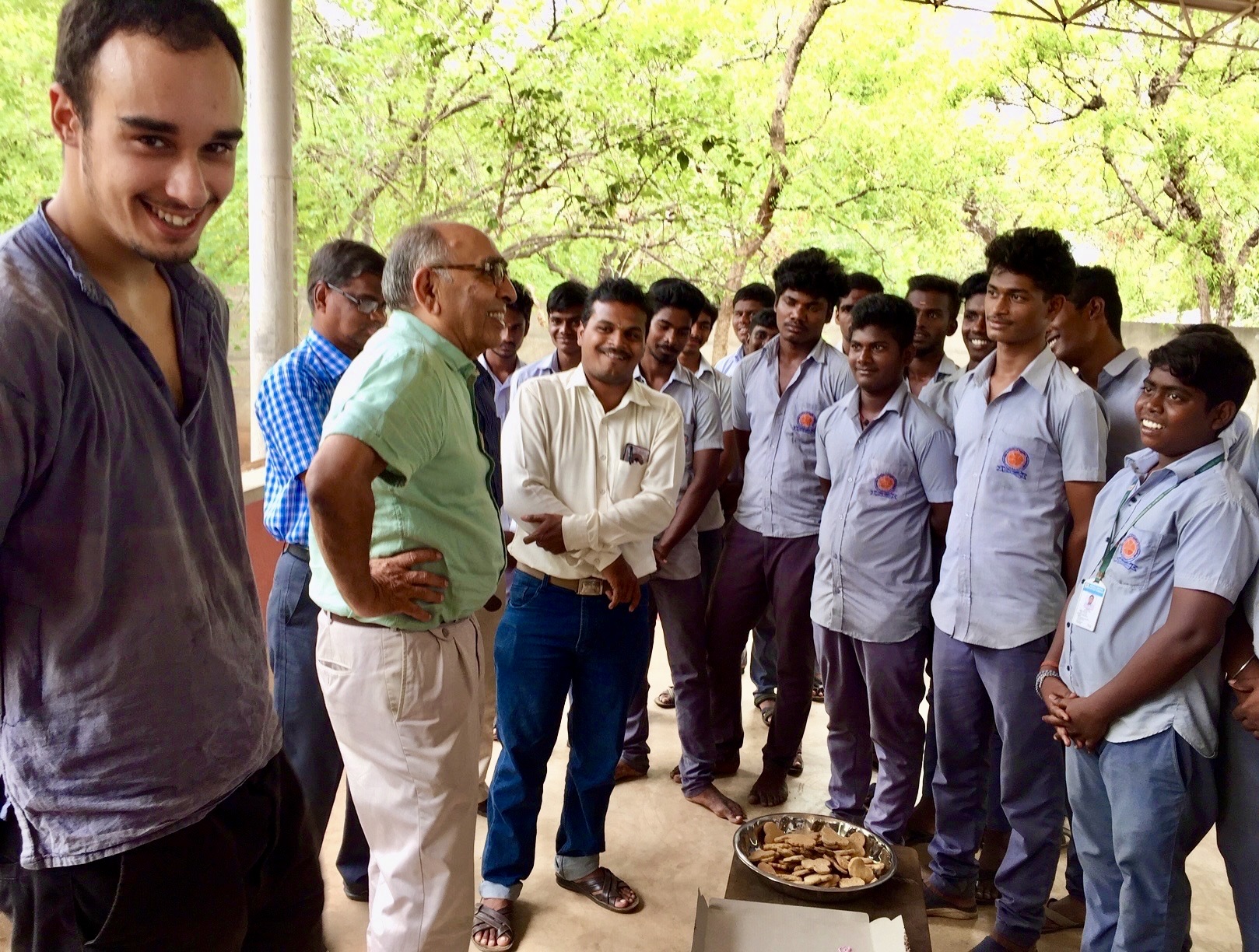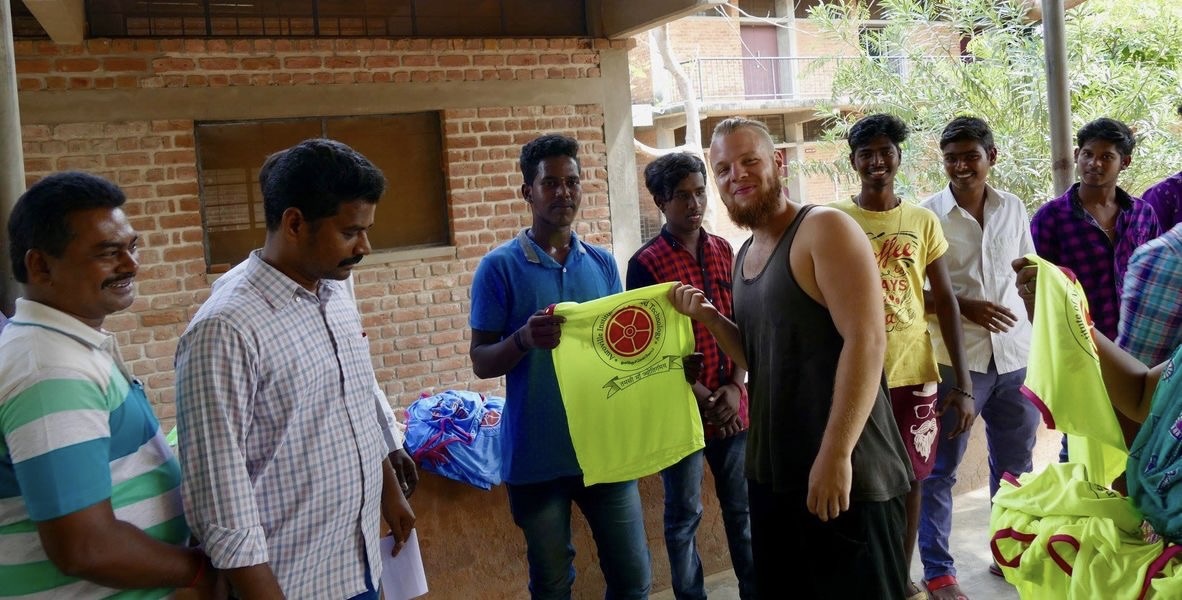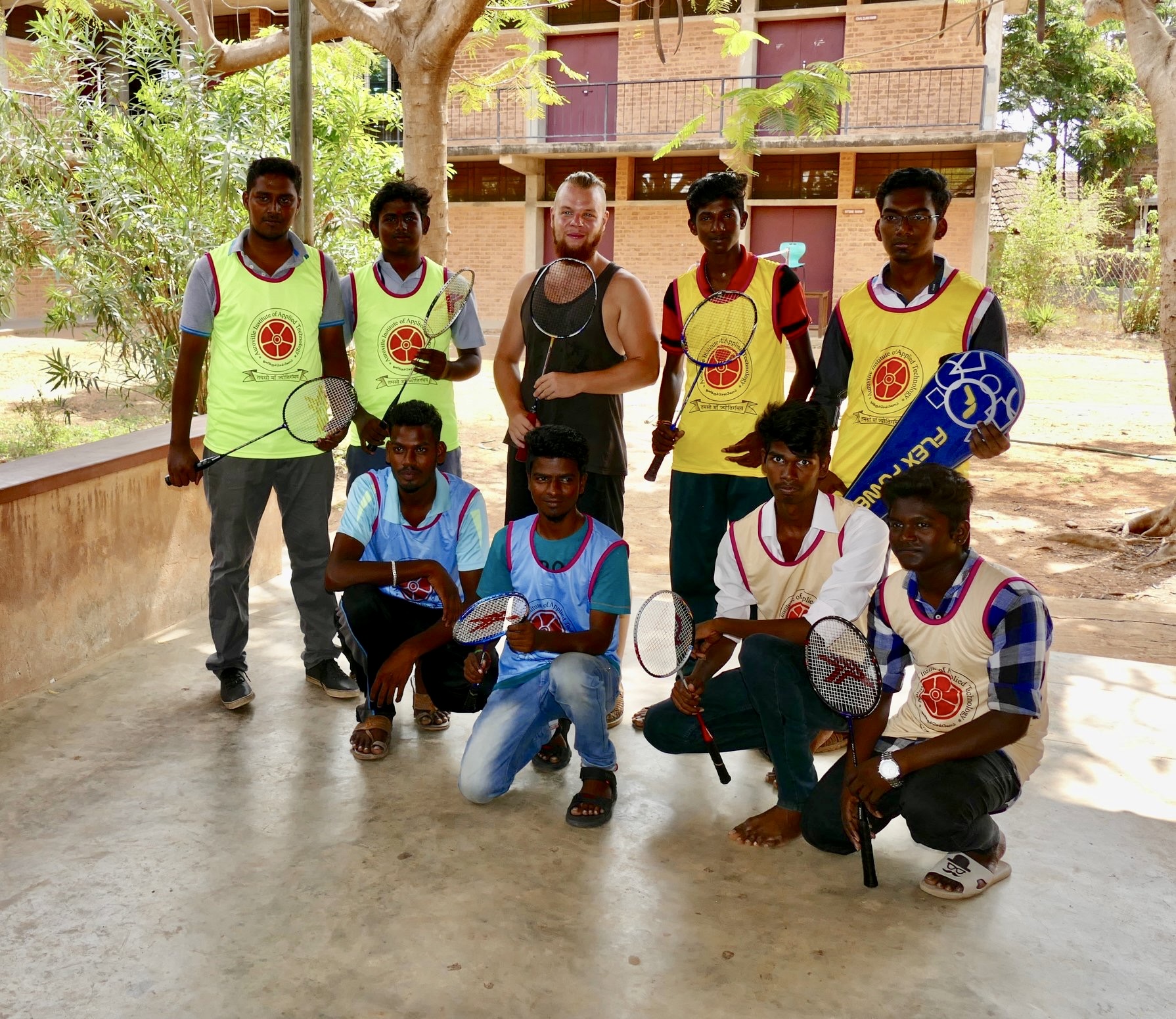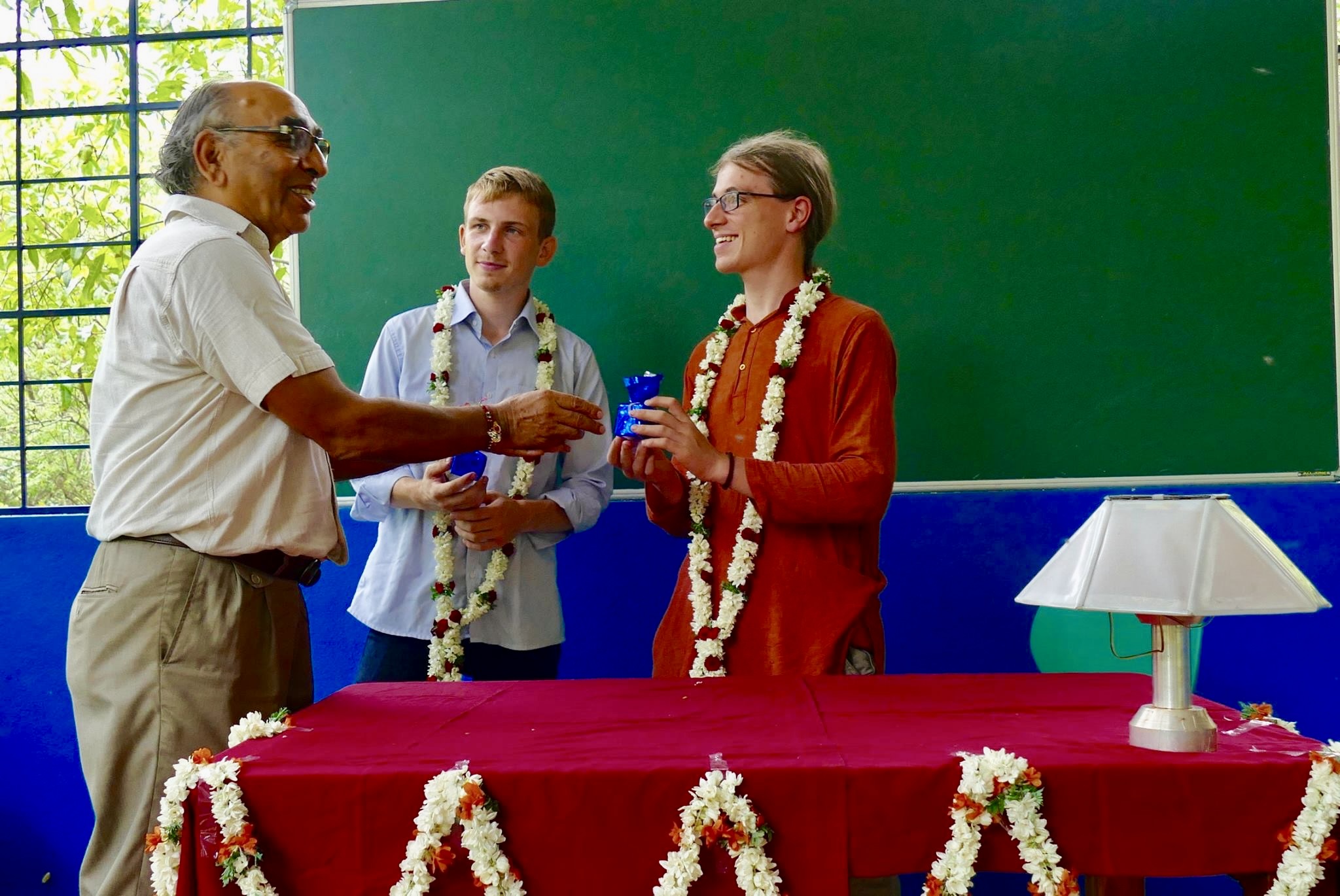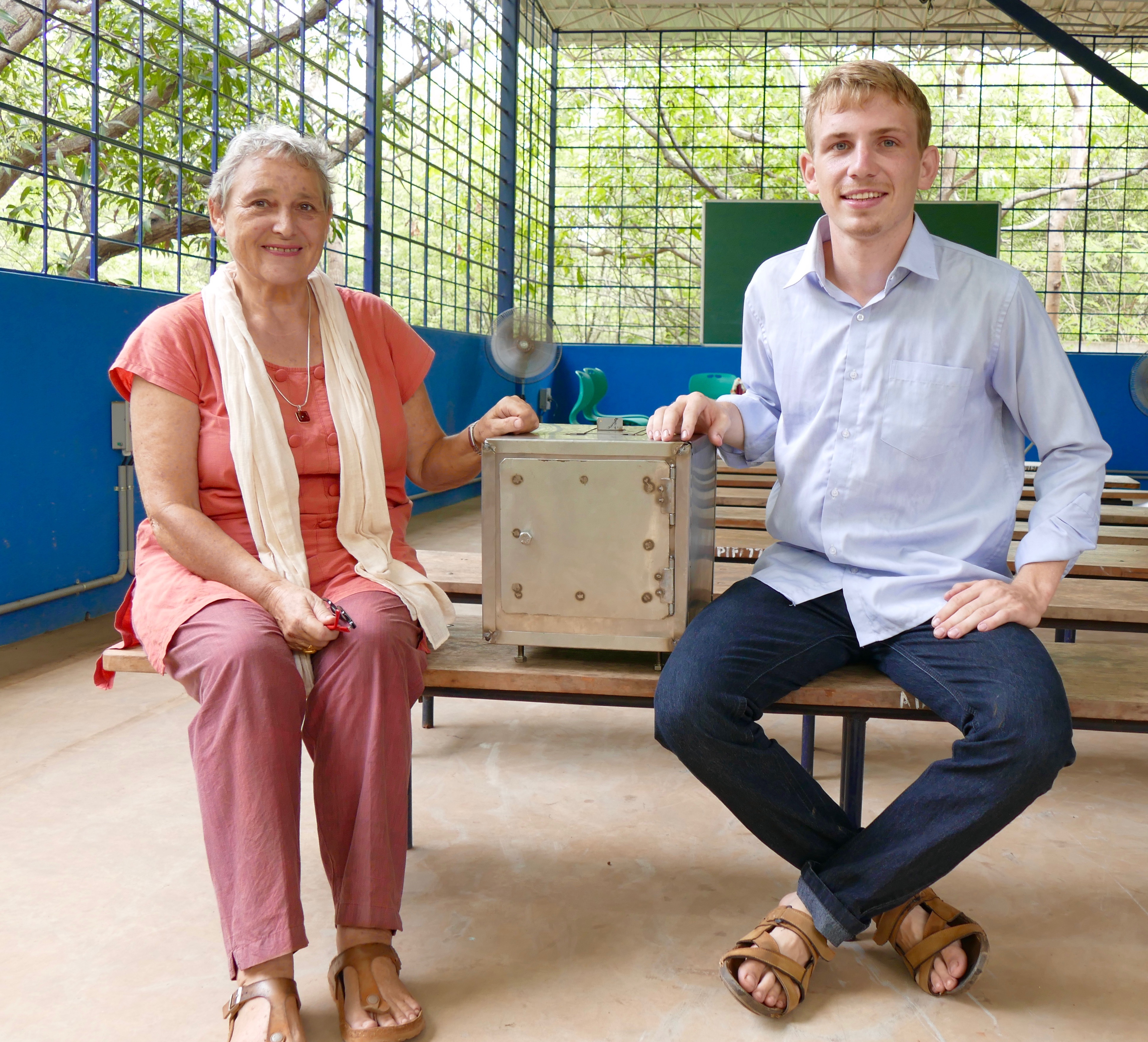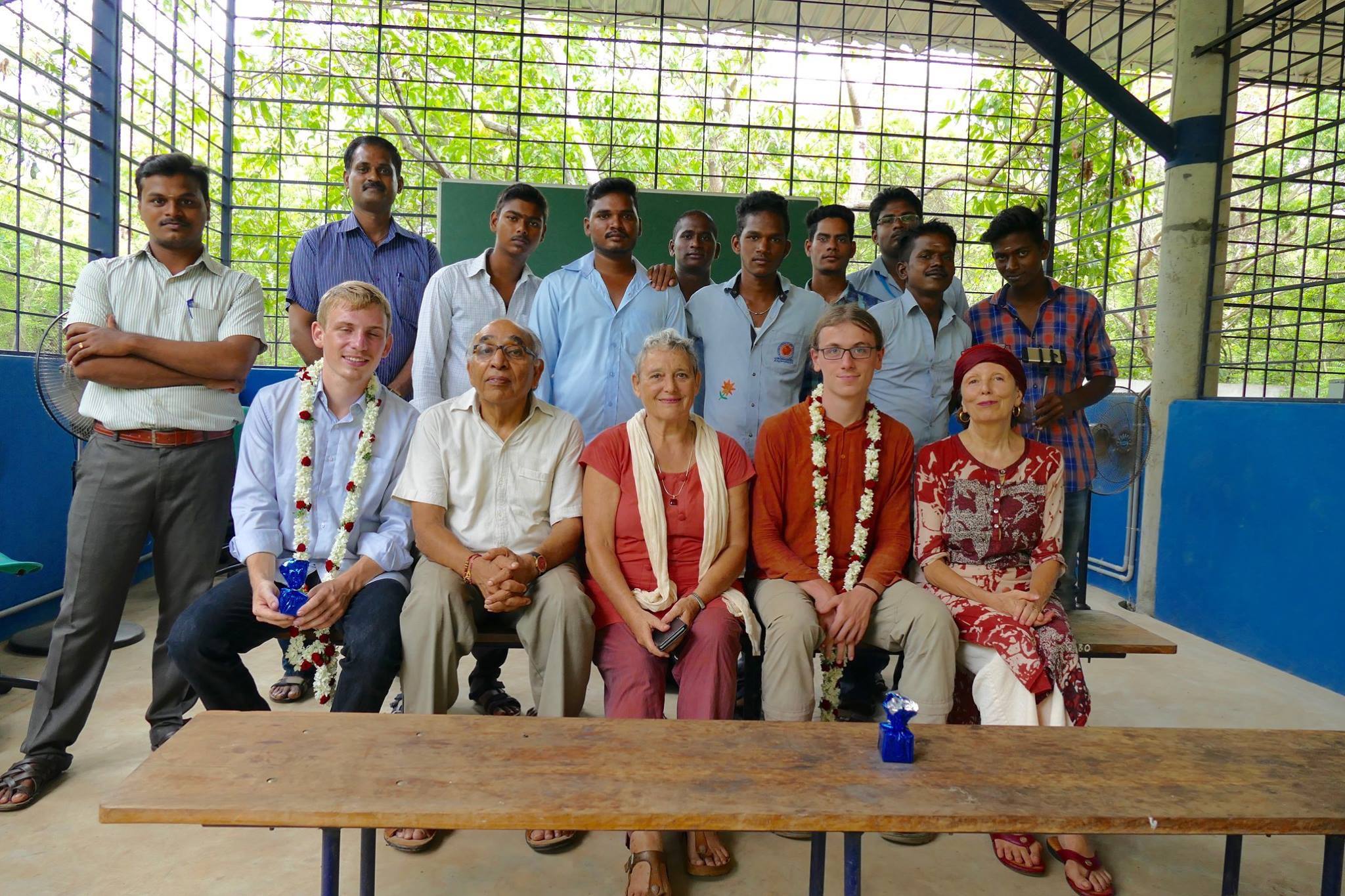You share our vision of an education based on instilling in students the desire to learn and excel so that they can successfully meet the challenges of their rapidly changing world while improving their employability and earning prospects.
Like AIAT, you believe in creating an atmosphere between students, teachers and staff in which cooperation and respect for individual, cultural, economic and social differences prevail.
You want to take the plunge and participate in the AIAT mission.
Then, volunteer by emailing us at: info@aiat.in
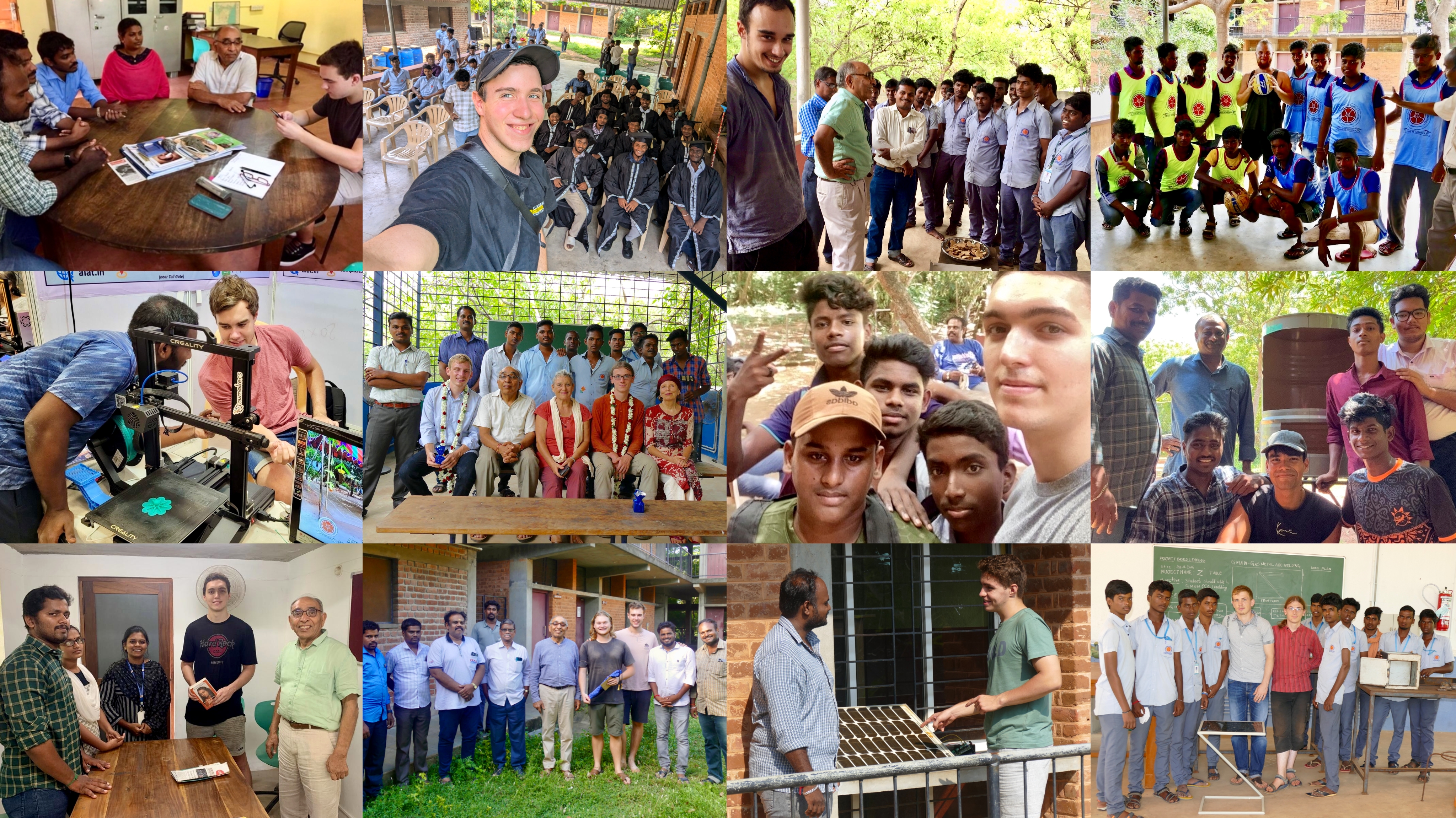
Our Volunteer's Voices
Volunteers are the vital elements of our mission, and their stories are a testament to the power of giving back. On this page, we share inspiring testimonials from our incredible volunteers, showcasing their experiences, personal growth, and the impact they’ve made within the community.
Read on to discover how volunteering with [Organization Name] has transformed lives—not just for those we serve but for the volunteers themselves. We hope their stories will inspire you to become a part of our community and experience the joy and fulfilment that comes with making a difference.
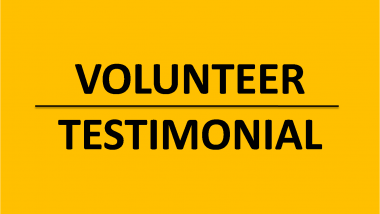
Andreas from Austria - 2024/25
“My name is Andreas Patuzzi, I am 19 years old and volunteering at the AIAT for 10 months. I completed my mechatronics high school diploma in Austria, while already doing my best to assist the teachers and improve the education. In addition, I have 3 years of professional experience in the IT sector and I participated in or even taught at multiple local as well as international courses, events, conferences, and competitions.
I wanted to work at the AIAT because it is a great place to share my passion for technology. I appreciate the idea of high-level skill-, practical-, and project-oriented education and want to do my part to make it a reality. My first month at the Institute was interesting, and proved, that I am at the right place, while also showing me some tasks that I can do to improve the status quo. It feels great to be here, but there are so many options and tasks that I could work on and my time is unfortunately limited.
For the next 10 months, I am going to teach and participate in projects, especially in the field of coding and robotics. For this purpose I also brought my robot and 3D camera, from former hobby and professional projects, to use at the institute. I am currently working together with the electronics and computer science teachers in their lessons and projects. I also plan and work on my own robotics and computer vision projects and want to prepare specialized lessons in the future. Besides the technical work, I am also the primary school photographer and work on social media. With my capturing and editing experience, I want to provide and publish high-quality material about the lessons, projects, and events regularly, while currently focusing on Instagram."
Mohan from Austria - 2024/25
“My name is Mohan Furthmaier, and I am a 20-year-old volunteer from Austria. Before coming here, I completed an apprenticeship at the Austrian Railways and now work in telematics enabling technology there. Alongside my work, I am pursuing a bachelor's degree in business informatics.
For the past four weeks, I’ve been volunteering at the Auroville Institute of Applied Technology, and it has been an amazing experience. The students here are incredible—full of ideas and energy, and always eager to learn. I’ve had the pleasure of working on a biogas project with a group of students from production and green technology, along with two highly experienced and supportive teachers. Their knowledge and guidance have been invaluable, and the students' enthusiasm has made the project truly rewarding.
Volunteering at the institute has not only been a learning experience but has also allowed me to form strong bonds with the students and staff. I’ve made great friends, and each day has been filled with new discoveries. My time here has been fantastic, and I look forward to continuing this journey with them.”
Simon from Austria - 2023/24
"My time at the Auroville Institute of Applied Technology was a unique and enriching experience that not only taught me professional skills but also provided me with profound personal insights.
The challenges I encountered during my work taught me patience and resilience. Step by step, we worked through the various tasks at hand. Although it was sometimes more difficult to carry out my duties conscientiously due to poor sleep quality or heat, it was precisely this challenge that strengthened me and contributed significantly to my personal development and resilience.
Working at the AIAT was particularly valuable. I realised how important teamwork, clear communication and cooperation are for achieving sustainable results. Many problems don't go away overnight, but a lot can be achieved with patience and proper communication.
I would also like to emphasise that this time was not only professionally enriching, but above all personally enriching. These experiences have taught me to remain patient and calm, even when things don't always go according to plan.
With these valuable memories, I look to the future with gratitude and confidence.
Finally, I would like to thank everyone who has made it possible for us to complete a civilian alternative service or voluntary service abroad."
Dominik from Austria - 2022/23
"Looking back, I can say that the ‘experience of social service’ has shaped me, especially personally. Through Auroville, I had the feeling of not just getting to know India, but also many cultures and their people. I appreciate the privilege of meeting new people almost weekly
and making friends that will hopefully last for a long time into the future. I also came into contact with a variety of spiritual practices and ideologies, which was an especially enriching experience for me.
As a ‘tech nerd’ and graduate of a technical college, it was important to me to pass on my knowledge in order to inspire others with my passion for mechanical engineering and to learn myself in the process. My work at AIAT has exceeded all my expectations. I had a
great deal of creative freedom to implement my own ideas and projects, had a varied and interesting working day and flexible working hours that allowed me to take more time off for short holidays. I found it particularly rewarding to pass on my own knowledge, which I had acquired over the years, to others in a variety of ways. In courses, presentations and SOPs. In person, on video or in writing. To young people, university students and pensioners.
I am particularly proud to have created something that makes a lasting contribution to my place of work. 3D printing will hopefully become a unique selling point in the future and a tool for implementing projects that were previously unthinkable. Social services, Auroville and India will definitely always have a special place in my memory. This year has shown me how colourful our world is. How many cultures are waiting to be discovered, countries to be travelled to and friendships to be made.
I would like to express my sincere thanks to everyone who makes it possible for girls and boys in Austria to have such a formative life experience at such a young age. Thank you for helping to create tolerant, open-minded and independent Austrians.”

